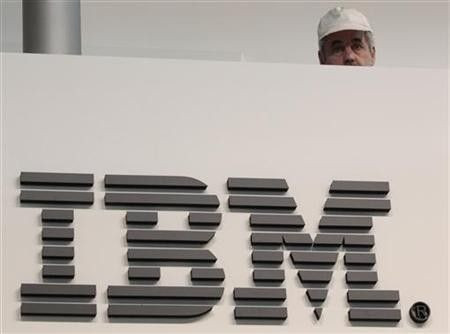IBM Creates Human-like Processing Chip

Are computers finally taking over the world? Not yet but IBM is hoping to make computers more humanlike.
IBM, through $41 million in funding from the Defense Advanced Research Projects Agency, believes it has created two prototype chips that behave closer to human behavior than any other technology on the market.
The chips are designed to experience and learn the way a human brain does, replicating the neurons and synapses in humans through advanced algorithms. The new chips will allow for computers to go past current boundaries, while also using less power.
"Future applications of computing will increasingly demand functionality that is not efficiently delivered by the traditional architecture," said Dharmendra Modha, project leader for IBM Research. "These chips are another significant step in the evolution of computers from calculators to learning systems, signaling the beginning of a new generation of computers and their applications in business, science and government."
One of IBM's hopes with these chips is that it will help computers better understand sounds, temperature, and other real-world experiences. Currently the processing chip contains 262,144 programmable synapses and 65,536 learning synapses, but the company hopes to boost those numbers up long-term in a big way.
Long-term IBM wants the chip system to have ten billion neurons and hundred trillion synapses.
Through testing the research team states its successfully demonstrated navigation, pattern recognition, associative memory, and other characteristics during testing.
"You have to throw out virtually everything we know about how these chips are designed," he said. "The key, key, key difference really is the memory and the processor are very closely brought together. There's a massive, massive amount of parallelism."
But don't expect to see these chips out anytime soon -- it will likely be at least a few years before IBM is comfortable in releasing it to the public.
"It really changes the perspective from 'What if?' to 'What now?"' Modha said. "Today we proved it was possible. There have been many skeptics, and there will be more, but this completes in a certain sense our first round of innovation."
Still a time in which computers become more and more human is upon us.
© Copyright IBTimes 2024. All rights reserved.




















